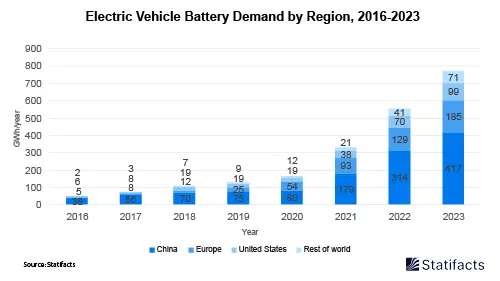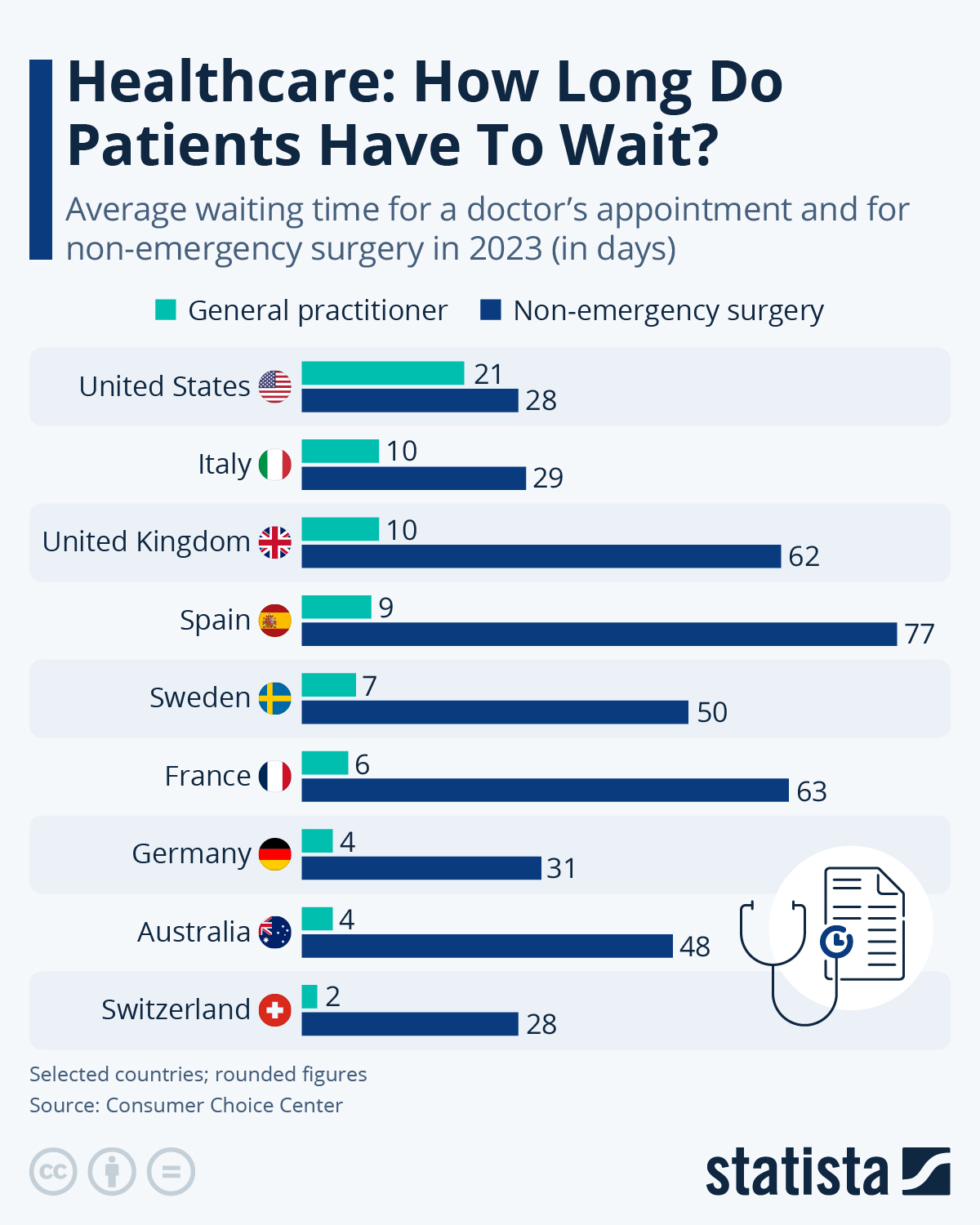
02 July 2025
The rapid growth in electric vehicle (EV) sales continues to drive a sharp increase in battery demand, sustaining a trend observed over recent years. In 2023, global demand for EV batteries surpassed 750 gigawatt-hours (GWh), reflecting a 40% rise from 2022. While this marks a strong increase, the growth rate slightly tapered compared to the surge experienced during 2021–2022. Notably, electric cars were responsible for 95% of this increase. Of the total growth in battery demand linked to EVs, the majority also 95% was attributed to higher EV sales, with the remaining 5% coming from the trend toward larger average battery capacities, particularly due to the rising share of SUVs in the EV market.


There are many variations of passages of Lorem Ipsum available, but the majority have suffered alteration in some form
URL TO BE USED AS REFERENCE LINK:
Placeholder content for this accordion, which is intended to demonstrate the .accordion-flush class. This is the first item's
accordion body.
Placeholder content for this accordion, which is intended to demonstrate the .accordion-flush class. This is the second item's
accordion body. Let's imagine this being filled with some actual content.
Placeholder content for this accordion, which is intended to demonstrate the .accordion-flush class. This is the third
item's accordion body. Nothing more exciting happening here in terms of content, but just filling up the space to make it look, at least at
first glance, a bit more representative of how this would look in a real-world application.
Do you still any question?
Feel free to contact us anytime using our contact form or visit our FAQ page.
Your contact to the Infographics Newsroom
